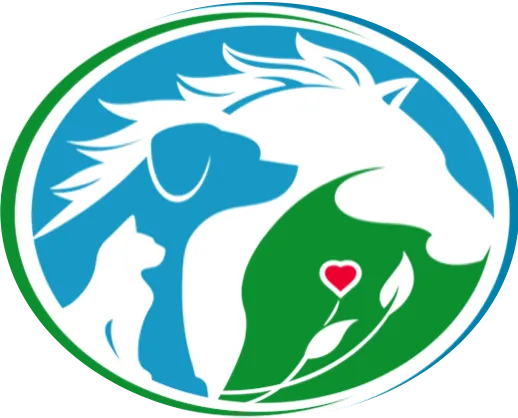Cats, Dogs, Horses, Small Pets, Birds, Poultry & Reptile
(How to Use with Fish is below)
read our poultry testimonials & articles for
Flock Well-being Success
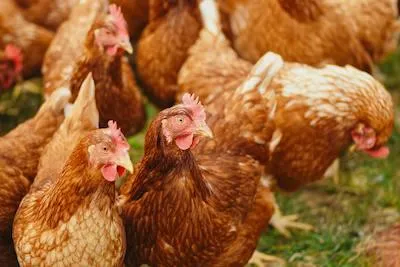
How to Raise Chickens-A Basic Guide
How to Raise Chickens
Introduction:
Raising chickens can be a rewarding and fulfilling endeavor, whether you're a seasoned farmer or a beginner looking to start your own flock. However, successful poultry farming requires careful planning, proper management, and a commitment to providing the best care for your feathered friends. In this comprehensive guide, we'll explore a variety of tips and strategies for raising chickens, from selecting the right breed to maintaining a healthy coop environment and ensuring optimal nutrition.
Choosing the Right Breed
The first step in raising chickens is selecting the right breed for your needs and preferences. Consider factors such as egg production, meat quality, temperament, and climate adaptability when choosing a breed. Popular dual-purpose breeds like Rhode Island Reds or Sussex are excellent choices for beginners, as they are known for their hardiness and versatility.
Providing Proper Housing
A comfortable and secure coop is essential for the health and well-being of your chickens. Ensure that the coop provides adequate space for roosting, nesting, and foraging, with proper ventilation and insulation to regulate temperature and humidity levels. Regular cleaning and maintenance of the coop are also crucial for preventing disease and ensuring a hygienic environment for your birds.
Offering Nutritious Feed
A balanced diet is essential for the health and productivity of your chickens. Provide a high-quality commercial feed formulated specifically for poultry, supplemented with fresh fruits, vegetables, and occasional treats such as mealworms or kitchen scraps. Ensure access to clean, fresh water at all times, and consider offering grit and oyster shells to support digestion and eggshell formation.
Ensuring Adequate Space and Socialization
Chickens are social animals that thrive in flocks, so it's essential to provide adequate space and opportunities for socialization. Avoid overcrowding in the coop, as this can lead to stress, aggression, and health problems. Provide ample space for chickens to roam and explore, both inside the coop and in an outdoor run or free-range area if possible.
Implementing Biosecurity Measures
Biosecurity is essential for preventing the spread of disease and maintaining the health of your flock. Implement strict biosecurity measures, such as limiting visitors to the coop, disinfecting equipment and footwear, and quarantining new birds before introducing them to the flock. Regular health checks and vaccinations can also help prevent common poultry diseases.
The Role of Farm Pets
Farm pets such as dogs and cats can play valuable roles in poultry farming by providing companionship, protection, and pest control. Well-trained dogs can help herd chickens, guard the coop against predators, and alert farmers to any potential threats. Cats are also adept hunters and can help keep rodents and other pests at bay, reducing the risk of disease transmission and damage to feed and equipment. Additionally, the presence of friendly and sociable pets can contribute to a positive atmosphere on the farm and provide comfort and joy to both farmers and their feathered friends. However, it's essential to supervise interactions between pets and poultry to ensure the safety of all animals involved. With proper training and supervision, farm pets can be valuable members of the farming community and contribute to the overall success of poultry operations.
Getting Started...How Many Chickens and Do You Need a Rooster
When starting a flock with egg-laying as the primary goal, it's essential to consider several factors, including the number of chickens and the necessity of a rooster. For beginners, a good starting number of chickens is typically around three to five hens. This number provides enough variety in egg production without overwhelming new poultry keepers. Additionally, starting with a smaller flock allows beginners to gain experience in poultry care and management before expanding their flock size.
As for the need for a rooster, it depends on whether you want fertilized eggs for breeding purposes or if you simply want eggs for consumption. Hens will lay eggs without the presence of a rooster, and these eggs are perfectly safe to eat. However, if you plan to hatch chicks and raise your own replacements or expand your flock, then a rooster is necessary to fertilize the eggs. Keep in mind that roosters can be noisy and may pose a territorial threat to other animals or humans, so it's essential to consider your living situation and local regulations before adding one to your flock.
Monitoring Health and Wellness
Regular monitoring of your chickens' health and wellness is crucial for early detection of any signs of illness or distress. Keep an eye out for symptoms such as lethargy, decreased appetite, abnormal droppings, or respiratory issues, and seek veterinary care promptly if any concerns arise. Additionally, practice good hygiene and sanitation practices to prevent the spread of disease within the flock.
Embracing Sustainability and Ethical Practices
As stewards of the land and its inhabitants, it's essential to embrace sustainable and ethical practices in poultry farming. Consider implementing practices such as rotational grazing, composting, and using natural pest control methods to minimize environmental impact and promote biodiversity on your farm.
Conclusion:
Raising chickens can be a fulfilling and enriching experience, but it requires careful planning, dedication, and a commitment to providing the best care for your flock. By following these tips and strategies for selecting the right breed, providing proper housing and nutrition, ensuring adequate space and socialization, implementing biosecurity measures, monitoring health and wellness, and embracing sustainability and ethical practices, you can raise happy, healthy chickens that thrive in their environment.
With patience, knowledge, and a love for your feathered friends, poultry farming can be a rewarding journey filled with joy and satisfaction.
A Trained Animal Communicator Connects with Your Pet
With every order, a trained animal communicator connects with your pet to choose the right blend of flower essences
(e.g. Bach Flower Essences) for calming their anxiety. Custom blended flower essences are natural pet calming products.
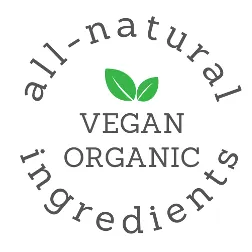
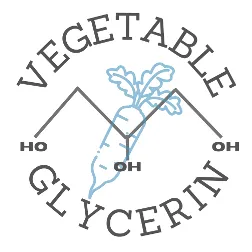

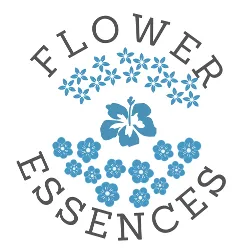
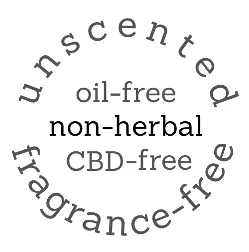
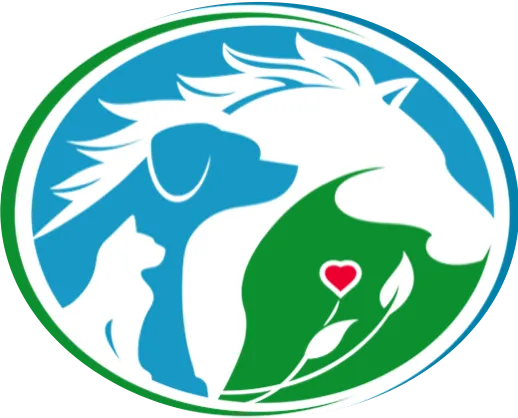
Calm Animal Solutions
Calm Animal Solutions offers customized, natural remedies for dog anxiety, and are calming for cats. Plus, we create blends for horses, small animal pets, birds, poultry, reptiles, and fish.
©2024, Catherine Winfree. All rights reserved.
Mandatory FDA Notice: The statements made regarding Calm Animal Solutions have not been evaluated by the Food and Drug Administration. These products are not intended to diagnose, treat, cure, or prevent any animal disease. Although the ingredients in Calm Animal Solutions are generally regarded as safe, you are encouraged to consult your veterinary before using any essence product (such as Bach Flower Essences, for example).
A Trained Animal Communicator Connects with Your Pet
With every order, a trained animal communicator connects with your pet to choose the right blend of flower essences (e.g. Bach Flower Essences) for calming their anxiety. Custom blended flower essences are natural pet calming products.





Mandatory FDA Notice: The statements made regarding Calm Animal Solutions have not been evaluated by the Food and Drug Administration. These products are not intended to diagnose, treat, cure, or prevent any animal disease. Although the ingredients in Calm Animal Solutions are generally regarded as safe, you are encouraged to consult your veterinary before using any essence product.

Home | Contact | Terms | Privacy Policy | About Catherine
©2024, Catherine Winfree. All rights reserved.
